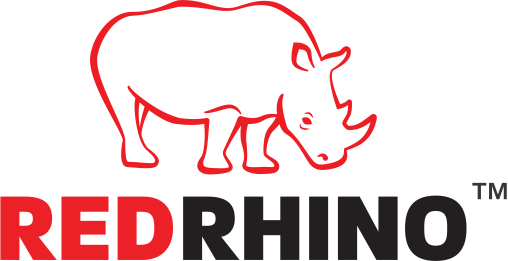
The Ann van Dyk Cheetah Centre (Formerly known as the De Wildt Cheetah Centre) was established in 1971. As cheetah were highly endangered at that time and found to be very difficult to breed successfully in captivity, the main aim of the Centre was to develop and establish a successful breeding programme to ensure the future survival of the species, added to this was extensive research which over the years has produced valuable information to this end. Through intense dedication and patience, Ann pioneered a successful breeding programme, which also included discovering the King cheetah.
In 1981, the birth of a litter of four cubs which included one king cheetah revealed that this was a genetic variation and not a separate species as thought previously. In 1978 yet another critically endangered species was introduced to the Centre, the African wild dog, second most endangered carnivore in Africa. Once again Ann developed a very successful breeding programme and the Centre continues to maintain a viable genetic pool. Fifty years later the Centre still continues with dedication to assist in the conservation of these endangered species.
The Centre continues to maintain a strong gene pool and works very closely with Ashia Cheetah Conservation as we embark on an exciting project of re-wilding and releasing captive born cheetah into a protected natural habitat. In certain instances, if an animal is not suitable for release for whatever reason, the centre investigates possibilities of a good home for the cheetah and this could include the option of placing it at an accredited facility. Education (Cheetah awareness) is also key, and the Centre is open to the public and school groups of all ages. Tours led by a knowledgeable guide are offered daily and include guided tours, walking tours, tour with cheetah run, and school tours.
The Centre is a non- profit organisation and relies solely on income from tours, donations, sponsorship and the adoption programme in order to continue the work that it does.




